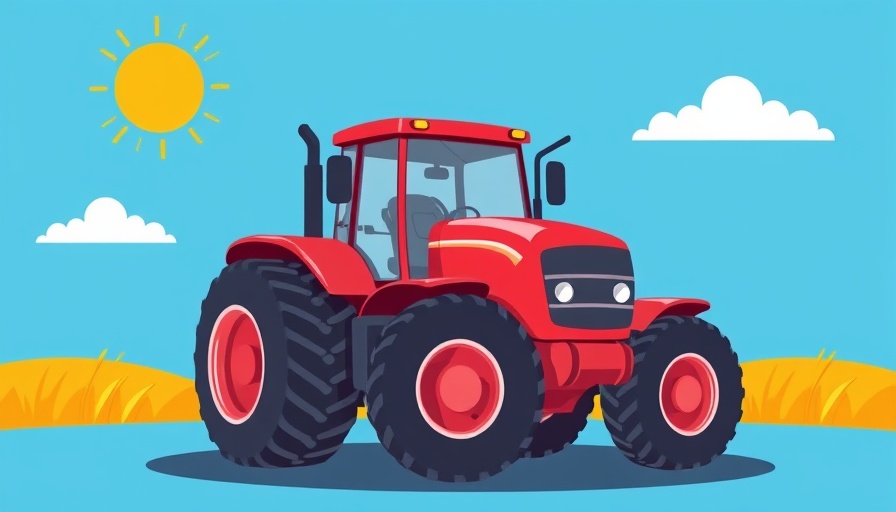
The Rising Concern of Bird Flu in the Poultry Industry
In the latest episode of the Louisiana Delta Crop Podcast, hosts Kylie and Bruce engage with Will Strickland from LSU AgCenter to delve into the critical issue of Highly Pathogenic Avian Influenza (HPAI). This disease is alarming not only for poultry producers but also for consumers and food security as a whole. The conversation reveals the significant mortality rates caused by HPAI, particularly among domestic birds, which raises serious economic concerns for Louisiana farmers, especially in sectors reliant on poultry.
Understanding Avian Influenza: How It Spreads
Strickland elaborates on the mechanisms through which HPAI infiltrates both wild and domestic bird populations. The virus is highly contagious, spreading through direct contact between birds as well as through contaminated environments. Awareness of these transmission routes is vital for poultry producers, who must take proactive measures to protect their flocks. Biosecurity becomes a primary defense strategy, ensuring that farms are equipped to mitigate the risk of exposure.
The Economic Impact on Louisiana Farmers
The effects of bird flu extend beyond animal health; they have profound implications for the agricultural economy. As Louisiana farmers grapple with the immediate consequences of losing livestock, the financial strain in terms of lost productivity and increased biosecurity expenses can be staggering. This situation is particularly pressing for cotton and corn growers who require stable poultry supplies for animal feed.
Emphasizing Biosecurity Measures
Strickland underscores the importance of implementing robust biosecurity protocols. These can include limiting access to farms, sanitation steps for equipment and vehicles, and monitoring bird health to quickly identify and address any signs of infection. The collective responsibility of farmers in adhering to these guidelines cannot be overstated, as it plays a critical role in safeguarding their livelihoods and the public food supply.
Future Predictions: What Lies Ahead for Poultry Producers?
Looking into the future, it’s essential for poultry producers to remain vigilant. As experts predict that we may see an increase in HPAI incidents due to changing migratory patterns of wild birds amid climate change, the calls for enhanced agricultural practices, vaccination strategies, and ongoing education for farmers become ever more urgent. By staying informed and adapting to emerging threats, Louisiana farmers can better prepare for unforeseen challenges.
A Call to Action for Poultry Producers
In light of these critical insights, poultry producers in Louisiana are encouraged to review their current biosecurity measures and stay informed about the disease's developments. Engaging with resources like the LSU AgCenter and participating in industry discussions can provide valuable knowledge. As we navigate these challenges together, proactive measures will become the cornerstone of resilience in our agricultural sectors.
 Add Row
Add Row  Add
Add 




Write A Comment